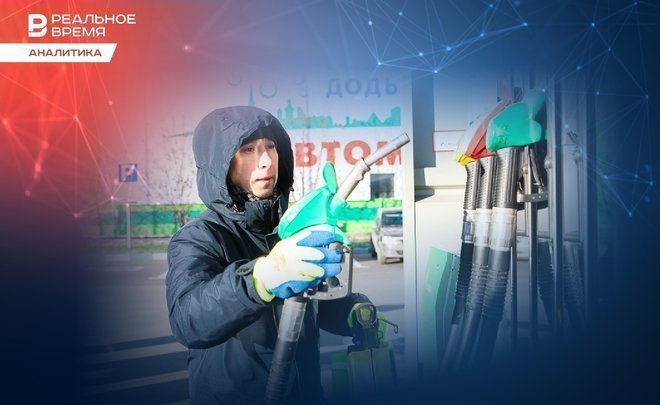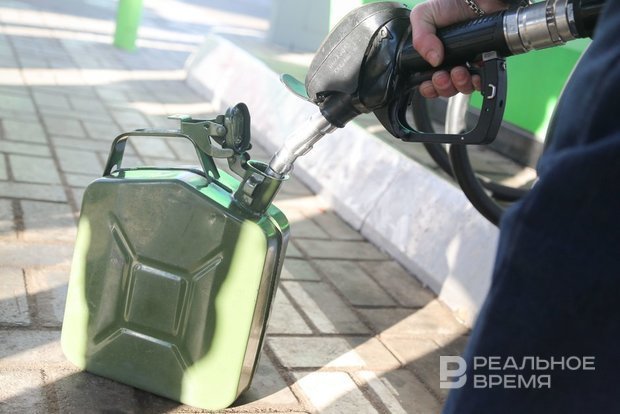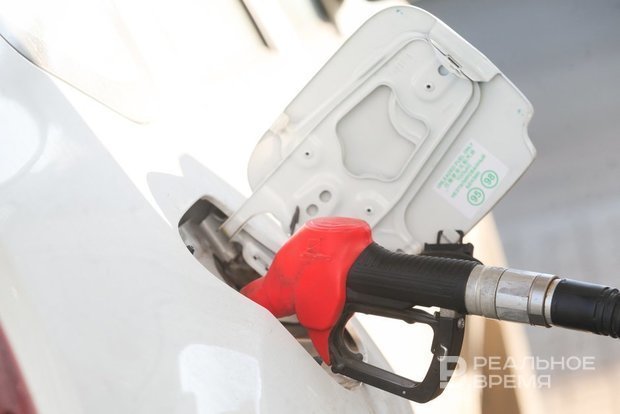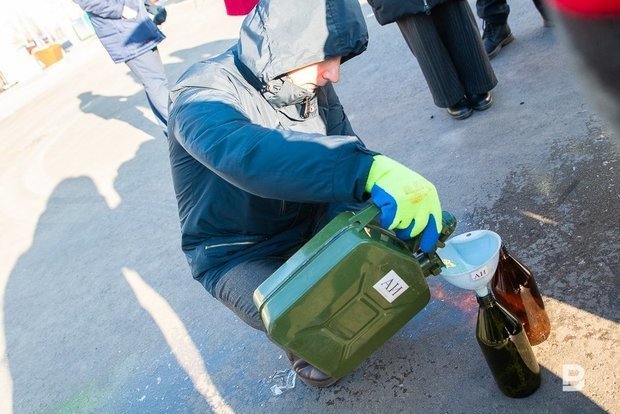‘Pouring fuel on the fire’: what happens to petrol prices in Russia

Petrol and diesel prices in Russia continue to break records. The weakening of the ruble also contributes to this. The export of oil and petroleum products has become more profitable than the sale of fuel within the country. According to experts, “black gold” will continue to rise in price. OPEC data indicate the formation of the market in the fourth quarter of 2023 of the largest deficit in 10 years of 3 million barrels per day. What to expect from the oil market, whether petrol prices will be adjusted, and why there is such a shortage of fuel in the refining country — in the review of Realnoe Vremya.
Insidious damper
Since September, damping payments — compensation to oil workers for the sale of fuel on the domestic market — have halved in Russia. This fact, along with the rise in world oil prices and the collapse of the ruble, have made the export market especially attractive. As a result, domestic wholesale prices have moved to an increase and are now at a critical level for independent gas stations, which forces them to raise prices at retail, analyst of FG Finam Sergey Kaufman explains the current situation in the fuel market.
Russia produces significantly more petrol and diesel than it consumes, so it is quite simple to solve the problem of high prices for petrol and diesel fuel — it is possible to artificially create a surplus in the domestic market by restricting exports.
The Russian government sees the problem, but so far, according to the expert, it is taking rather passive measures — the standards for the sale of fuel have been increased on the stock exchange, and oil companies are recommended to send more fuel to the domestic market. But the recommendations, unfortunately, are not very effective, especially given the decrease in damping payments since September.

Nevertheless, one shouldn't expect a global decline in prices, Kaufman warns. Even taking into account the recent jump, petrol prices have been growing slower than general inflation in the last 2 years.
In fact, Russia has some of the lowest gasoline prices in the world. At the same time, the peculiarities of taxation and the lack of free funds in the budget to fully subsidise domestic prices have led to that petrol prices in the country are higher than in some oil-producing countries.
In a number of regions, an abnormal situation has formed when prices at independent filling stations turned out to be much higher than prices at filling stations of vertically integrated companies. This is due to increased wholesale prices, which make the business of independent filling stations unprofitable.
Exports is more interesting

The new damper parameters will be in effect until the end of 2026, and during this period the export alternative will become even more desirable.
“This traditionally creates tension in the physical balance in the domestic market, especially in the petrol market. Then the classical law of supply and demand works, accelerating the growth of wholesale prices, which we are seeing this year," says Belogoryev. “In the 'fat' years, the state would have responded to this growth by increasing subsidies, but in conditions of budget deficit, it now has completely different priorities, and it is reducing subsidies, on the contrary.”

Regardless of how oil prices behave on the world market, the cost of petrol in Russia will gradually rise, warns Alexander Potavin, a leading analyst at Finam.

Oil rushed to $100 per barrel
“It is likely that oil prices may reach the level of $100-105 per barrel in the near future if Saudi Arabia actually reduces black gold production by 1 million barrels per day," independent analyst Leonid Khazanov believes. “However, it cannot be discounted that after a rapid take-off, oil will fall in price to 80-84 dollars closer to December 2023 per barrel due to economic difficulties in Europe and the United States, not counting China's slip. Moreover, high oil prices are precisely what can lead to a drop in demand and, as a result, a decrease in quotations for it.”


An increase in demand against the background of a reduction in supply may lead to an increase in prices for hydrocarbons. By the end of the year, the quotes of WTI crude oil may reach $95 per barrel, Pigarev believes.
The rise of Brent quotations to the level of $100 per barrel increases the chances of recovery of oil production by the Saudis, predicts Alexander Potavin. He believes that in the fourth quarter of this year, Brent quotes will trade in the range of 87-97 dollars per barrel. Although he does not exclude short-term price spikes if there are supply disruptions in the autumn, taking into account the hurricane season in the Gulf of Mexico.